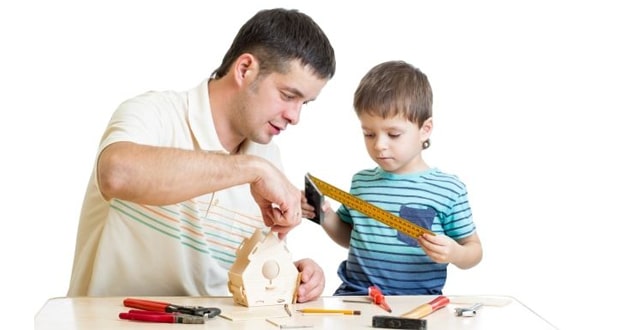How To Care For A Stepchild With Special Needs
Nearly one in seven children between the ages of three and 17 in the United States have a developmental disability. And roughly 35% have a physical disability, the Office of Population Affairs reports.
Step-parenting a child with special needs is a challenging yet rewarding experience. By equipping yourself with the right knowledge, you can provide your stepchild with the best care and support possible.
Monitor your Child’s Development
All children tend to reach physical, cognitive, and social milestones in their own time, and children with special needs may reach milestones later than their peers. It’s therefore important to monitor your stepchild’s overall development from an early age.
In particular, a baby development quiz can help you determine whether your stepchild has cerebral palsy. Neurological disorders that appear in infancy or early childhood and affect movement and coordination. Depending on your results, you’ll be provided with advice concerning the next steps.
Ultimately, if you have concerns about your step child’s development, it’s important to consult a certified physician. If your stepchild is diagnosed with a developmental disability, they may need professional help in the form of counseling, physical therapy, or speech therapy.
Understand your Responsibilities
Step-parenting a child with special needs can be physically and emotionally challenging — especially if they need around-the-clock care and attention. Moreover, long-term care can also become financially expensive.
In some cases, however, financial assistance is available for parents in need. If you and your spouse ever feel overwhelmed by your responsibilities, you may decide to hire outside helpers for an intermittent break.
Follow your Spouse’s Parenting Approach
Whether a child has special needs or not, parenting isn’t always easy. And, as a step-parent, you may face additional challenges if your parenting approach differs from your spouse.
However, if this is the case, the biological parents always have the right to ultimately make the final decisions. Since you may be spending significant time caring for your stepchild, you may find it difficult to keep yourself from sharing approaches you feel would benefit them.
Respectfully talk through your ideas with your spouse, who may also want to consult the other biological parent before making a decision.
Step-parenting a child with special needs is an exciting, challenging, and fulfilling journey. With these tips on how to care for a child, you’ll be able to give your stepchild all the love and support they need to thrive. Find out how to overcome stereotypes of kids with special needs.








